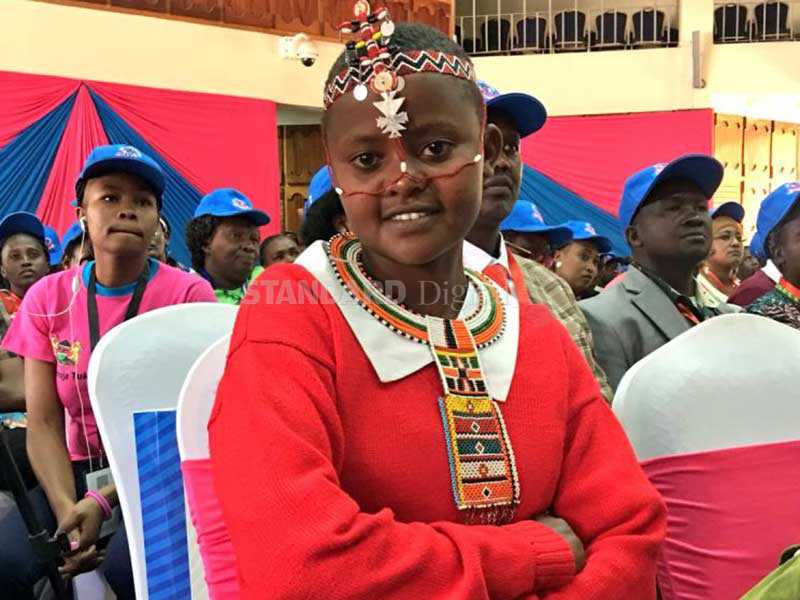×
The Standard e-Paper
Kenya’s Boldest Voice

Rosilla Lenanyokie was just nine years old when she was forced to go through the outlawed tradition of Female Genital Mutilation (FGM).
It was 2011. And all her parents were interested in was getting her married off. It worked, but not for long.